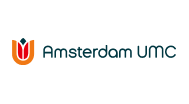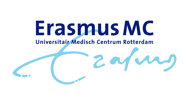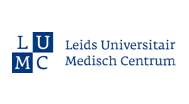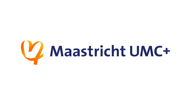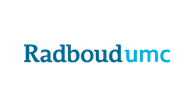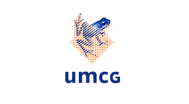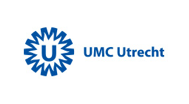1. Complex care, knowledge and expertise
The umcs in the Netherlands conduct research and work on innovations to improve treatments for patients with the most complex or rare disorders. Thanks to umcs, they often have insight into care. Collaboration is key in patients with complex or rare conditions. Care providers from the umcs work in multidisciplinary teams, in research networks and with other institutions in the Netherlands and Europe.
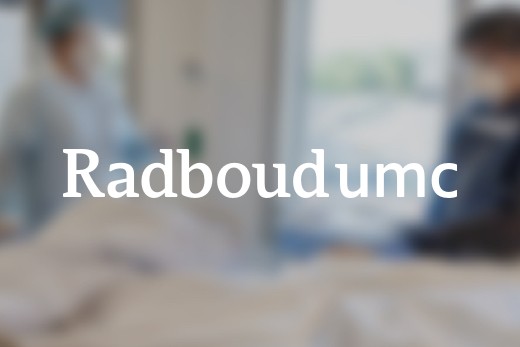
The Radboudumc Centre for Infectious Disease (RCI) is a source of information for complex infectious diseases. Professionals from far and wide come to the RCI with their questions about antibiotic use and infection prevention. This has led to professionalisation of the national multidisciplinary consultations (MDOs) and to a growing digital offering. Read more

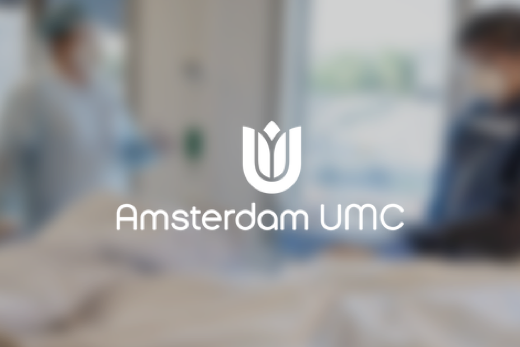
The multidisciplinary Lyme-Borreliosis Centre in Amsterdam conducts scientific research into the diagnostics, prognosis and treatment of Lyme disease. Diagnosis and treatment are offered to around 400 children and adults with symptoms suggesting Lyme disease. Together with the Radboudumc, a biobank for Lyme was established. Read more

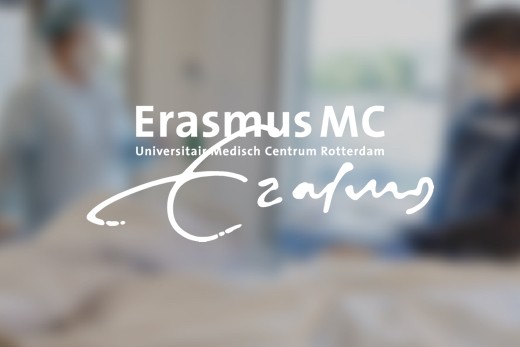
The Craniofacial Centre Netherlands has existed for over 45 years; it is still developing and sees over 200 patients a year. It is not only the main centre in the Netherlands for patients with congenital conditions of the skull and face, it also coordinates centres of expertise and the reference network in which 29 European hospitals collaborate. Read more

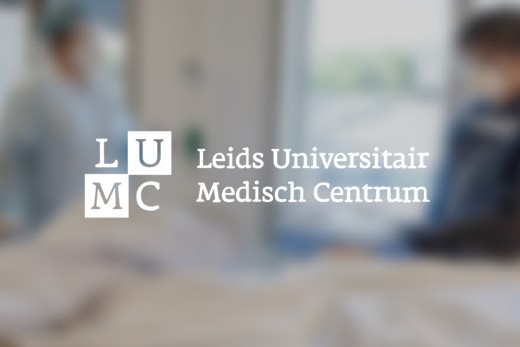
The LUMC and the Radboudumc jointly started the Dutch Center for RNA Therapeutics (DCRT). Its aim is to develop customised RNA therapy for patients with rare genetic progressive eye, brain and muscle diseases. It is the first centre in Europe for RNA therapy for extremely rare diseases. Read more

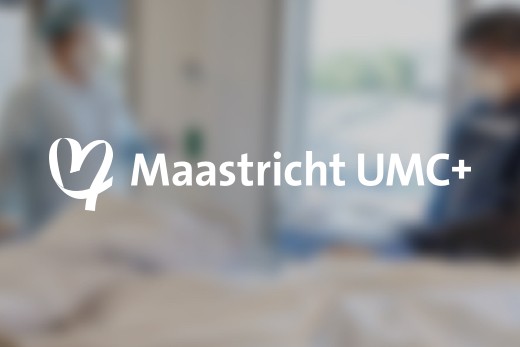
Couples at high risk of producing a child with a severe congenital condition are referred to the national expertise centre Pre-implantation Genetic Diagnostics. They are given the opportunity using IVF, with a genetic test, to have a child without a hereditary disease. Test developments are advancing rapidly. OnePGT is now being applied in a clinical setting. Read more

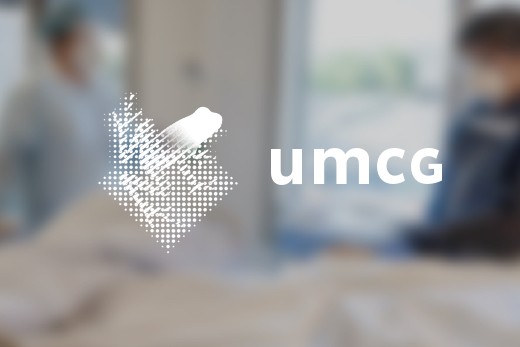
In the past year the Groningen Transplantation Centre transplanted around 20% more donor organs (lungs and liver) using the alternative preservation method of machine perfusion. Now it is examining whether through testing and improvement, kidneys that could not be transplanted before are also suitable. Watch the video

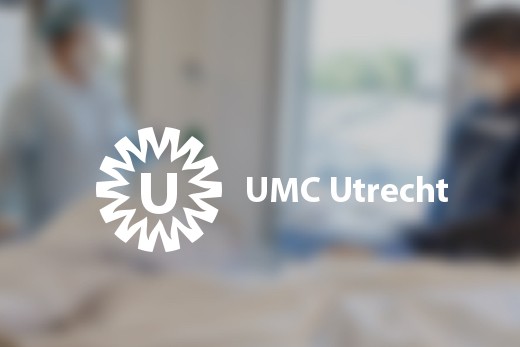
Around a quarter of all patients with cystic fibrosis (CF) are treated in the centre of expertise of the UMC Utrecht. Because CF patients are at greater risk of being infected by the COVID-19 virus, the home diagnostic method was expanded and online possibilities created to inform patients and explain additional measures. Watch the video


